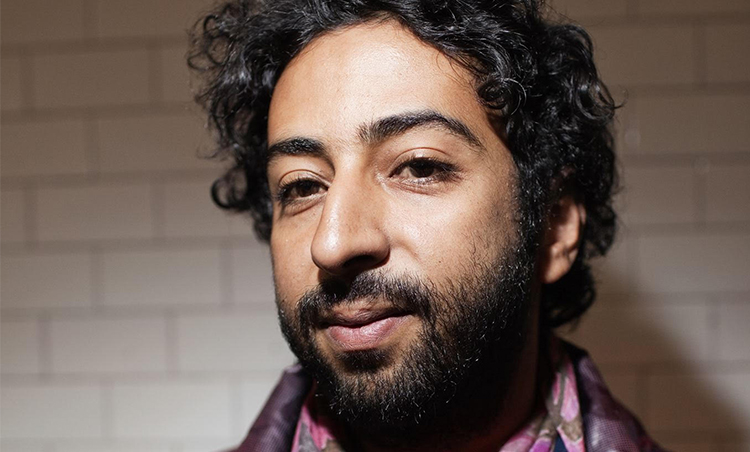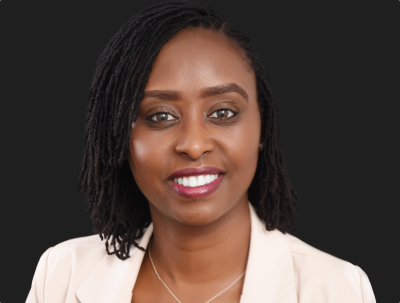
Omar Radi
Location: Morocco
Forum des Alternatives Maroc (FMAS)
On 19 July, 2021, Omar Radi was sentenced to six years in prison on trumped-up espionage and sexual assault charges. The sentence came almost exactly a year after Omar was first arrested, the entire duration of which he spent in solitary confinement in Oukacha prison, Casablanca. Omar is one of a number of Moroccan journalists who have been publicly critical of the government, and subsequently been charged with sexual assault crimes.
Omar was a Bertha Challenge fellow when the Moroccan government started their relentless campaign of harassment and discreditation. His Fellowship work – investigating state sanctioned land expropriation – led him to be pursued by a government that pays scant regard to press freedom and the rule of law.
Omar studied economics and started his journalism career at a local radio station focusing on economic and financial issues. He then joined Le Journal Hebdomadaire, a weekly magazine critical of the Moroccan establishment. The publication was shut down by the Moroccan authorities after a series of trials. During the Arab Spring, Omar launched the French-speaking edition of Lakome.com, a news website that became a symbol for the movement, and was a member of Mamfakinch, a collective website focused on social movements, activism and injustice. In 2013, he was awarded first prize by the International Media Support – Association of Moroccan Investigative Journalists for a long-form series of articles about sand quarry exploitation in Morocco and the effect this had on smaller land owners. For his Fellowship, Omar investigated the use of state-sanctioned land expropriation. He organized workshops in 3 regions in Morocco, with communities who have been dispossessed of their land. This included communities who have been pressured to give away land for little compensation, only to see it re-sold to developers at 600 times the price. Omar’s investigation led him to links between Morocco’s royal family and the expropriation of community-held land for luxury development projects.
Throughout his Fellowship year, Omar was subjected to various forms of intimidation, including relentless surveillance, from the security services. On 26 December, 2019, he was given a fine and four-month suspended sentence for criticising a judge in a tweet more than six months earlier. In June 2020, Omar spoke publicly about an Amnesty International investigation that found his phone had been targeted by NSO spyware, Pegasus – the same spyware used to track and ultimately assassinate journalist Jamal Khashoggi in the Saudi consulate in Istanbul, Turkey. Between 26 June and 29 July, 2020, Omar was summoned for interrogation 12 times, with each session lasting 6-9 hours. He was ultimately jailed on 29 July on charges of espionage and rape – both of which he denies. His trial has been criticised by human rights groups in Morocco and abroad for serious failings in the proceedings, including Omar’s legal team being prevented from calling key witnesses and being denied access to evidence presented.
Omar continues to vehemently deny the charges that he has been convicted of.
Want to share this profile? Click here and copy the URL.
